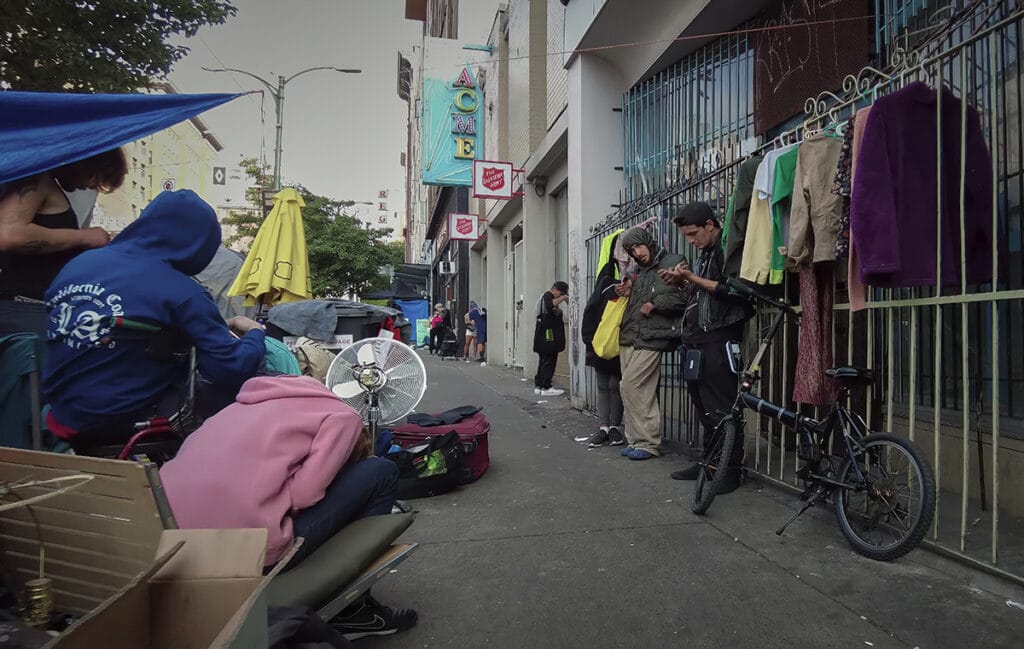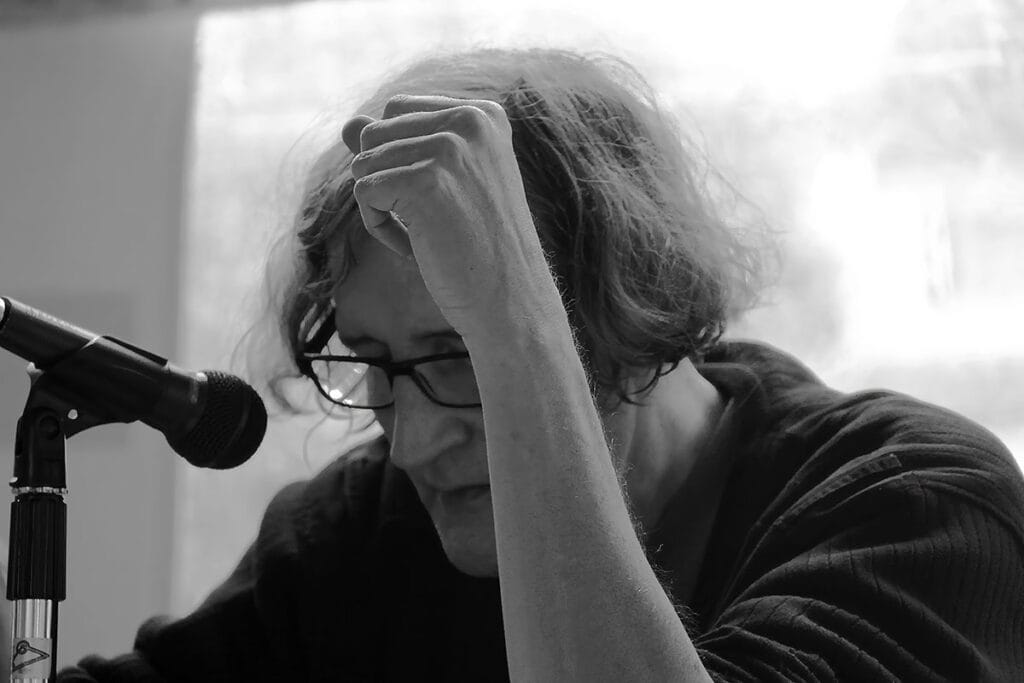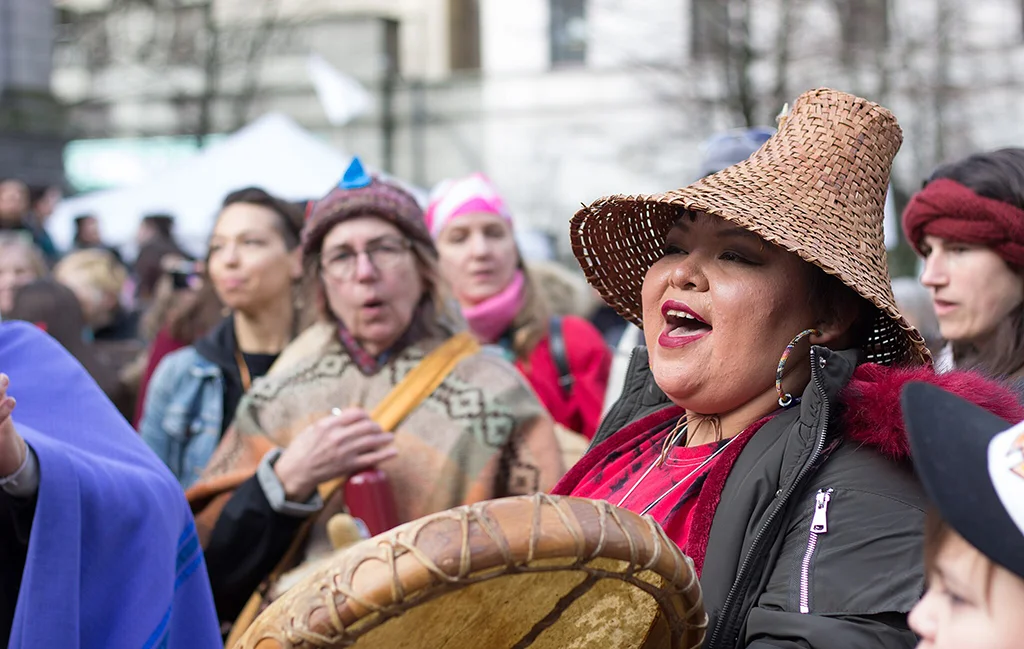In Vancouver’s Downtown Eastside, one of Canada’s most heavily studied yet persistently misunderstood communities, the intersection of research, ethics, and activism raises difficult questions. Who gets to decide what constitutes ethical research? And at what point does well-meaning oversight risk obstructing rigorous, impactful studies? The balance between protecting community interests and maintaining research integrity has never been more precarious.
A Community Under the Microscope
The DTES has long been a focal point for researchers, policymakers, and activists due to its high concentration of poverty, addiction, and homelessness. This attention has led to significant progress in understanding systemic issues but has also created friction. Historical examples of exploitative or stigmatizing studies have left scars, leading the community to demand a say in how research is conducted within its borders.
Participatory research frameworks have emerged in response, emphasizing collaboration with community members as co-creators of knowledge. Research 101: A Manifesto for Ethical Research in the DTES, developed by local activists and researchers, has become a cornerstone document guiding this approach. It calls for respect, reciprocity, and an ethical commitment to benefit the community directly. Its creators stress the need to avoid harmful practices such as publishing findings without consulting participants or asking questions that might retraumatize vulnerable individuals.
Yet, while these safeguards are essential, they raise another critical question: could the layers of community-driven oversight inadvertently hinder the pursuit of objective, high-quality research? Critics worry that when ethical oversight shifts from national regulatory bodies to localized, activist-driven entities, the research risks becoming advocacy rather than science. This blurring of lines is particularly concerning in communities where social justice movements strongly influence research goals.
The Thin Line Between Ethics and Censorship
The ethical challenges of researching communities like the DTES are undeniably complex, but the push for localized control brings its complications. Local review boards, like the proposed DTES community ethics body, would allow residents to shape research proposals directly. While empowering, this model raises concerns about partiality. What happens when research that contradicts popular narratives or challenges deeply held beliefs is filtered out at the proposal stage?
An example can be seen in the Manifesto’s critique of Research Ethics Boards (REBs), which it argues are ill-equipped to evaluate the nuances of community-based research. The Manifesto asserts that ethical codes used by REBs often prioritize individual participants’ safety over broader community needs and frame risk in terms familiar to “middle or upper-class, white, settler folks.” This framing, the authors suggest, fails to align with the lived realities of DTES residents.
However, research outcomes can be skewed when ethical guidelines become intertwined with advocacy. Activist-researcher dynamics may introduce biases prioritizing “acceptable” findings over rigorous inquiry. The RAND Corporation’s assessment of safe consumption site studies offers a cautionary tale: nearly 80% of the global literature came from just two facilities, with the same researcher co-authoring all 33 studies of Vancouver’s Insite site from 2003 to 2009. Such influence concentration raises questions about the breadth and reliability of conclusions drawn under these circumstances.
When Oversight Becomes a Barrier
The potential for harm extends beyond limiting specific studies. Overzealous filtering of research topics can perpetuate systemic issues within communities like the DTES. Studies that challenge popular strategies, such as safe supply or housing-first initiatives, may struggle to gain approval, leaving gaps in understanding and delaying critical innovations. When data is curated to fit a preferred narrative, the risks are twofold: first, the community may miss out on actionable insights; second, policymakers may base decisions on incomplete or misleading information.
Consider the implications of a community-driven mandate like VANDU’s “Research and Drug User Liberation” policy, which states that “research should be consistent with our principles of achieving social justice.” While noble in intent, such a stance could deter studies that examine unintended consequences of harm-reduction policies, such as community-level harm or long-term efficacy. The Huffington Post’s investigation into activist-led studies revealed a pattern of uniformly positive results, reinforcing pre-existing biases rather than fostering new understanding.
This creates a paradox: while the DTES community seeks to protect itself from exploitative or harmful research, excessive constraints may inadvertently perpetuate the very cycles of harm they aim to dismantle. Rigorous research must confront uncomfortable truths to generate meaningful change—a task made difficult when ethical oversight leans heavily into advocacy.
The Framework of Research Ethics Governance in Canada
Canada’s research ethics system is guided by the Tri-Council Policy Statement: Ethical Conduct for Research Involving Humans (TCPS 2), overseen by the country’s federal granting agencies—CIHR, NSERC, and SSHRC. The policy prioritizes respect for participants, equitable benefits, and harm minimization, with REBs reviewing proposals to ensure compliance. These boards examine study designs, recruitment practices, and consent protocols to safeguard participants and uphold ethical standards.
However, applying this framework in marginalized settings like Vancouver’s Downtown Eastside presents challenges. Critics argue that REBs often prioritize individual protections over broader community impacts, potentially neglecting collective welfare. Moreover, some find the system risk-averse and overly bureaucratic, discouraging studies that address sensitive but essential topics. In complex environments like the DTES, these tensions highlight the difficulty of balancing systemic safeguards with local realities.
Advocates for greater community involvement suggest that national frameworks should incorporate local insights to ensure research is meaningful and relevant. Proposals for community-led ethics boards in the DTES reflect a desire for more control over how research is conducted and its findings are shared. While such initiatives could strengthen trust and collaboration, they also raise questions about preserving objectivity in scientific inquiry. Achieving harmony between national standards and localized participation remains an ongoing and nuanced conversation.
A Future for Ethical and Effective Research
Navigating the tension between community-driven ethics and scientific rigour requires transparency, dialogue, and mutual accountability. Ethical research guidelines like those outlined in the Manifesto offer vital protections but should not preclude rigorous examination or dissenting perspectives. By fostering a culture of trust and collaboration, researchers and communities can align their goals without compromising integrity.
To achieve this, multiple layers of oversight—combining national regulatory bodies, local ethics committees, and independent peer reviews—could provide a balanced framework. Such a model would ensure that marginalized communities have a voice while preserving the objectivity necessary for impactful research. It is equally crucial for activists and researchers to differentiate between advocacy and inquiry. Both are essential, but conflating the two risks undermining the credibility and utility of findings.
The Downtown Eastside stands as a testament to resilience and activism, but its future depends on the ability to learn from its past. Ethical research is not an obstacle to progress—it is the foundation upon which progress is built. However, when oversight becomes overly prescriptive, it risks turning science into a tool of confirmation bias rather than a pathway to discovery. For the DTES and communities like it, the challenge is clear: find a way to balance the moral imperative of ethical research with the unflinching pursuit of truth.
In the end, the goal must be research that reflects not just what we want to believe but what we need to understand. Only then can communities like the DTES move from being subjects of study to partners in creating lasting solutions.
Kris has been at the forefront of Downtown Eastside initiatives for over 15 years, working to improve the neighbourhood. As a consultant to several organizations, he played a key role in shaping harm reduction strategies and drug policies. A strong proponent of decisive action, Kris’s work focuses on driving tangible change and advocating for solutions that address the complex challenges facing the community.







Leave a Comment